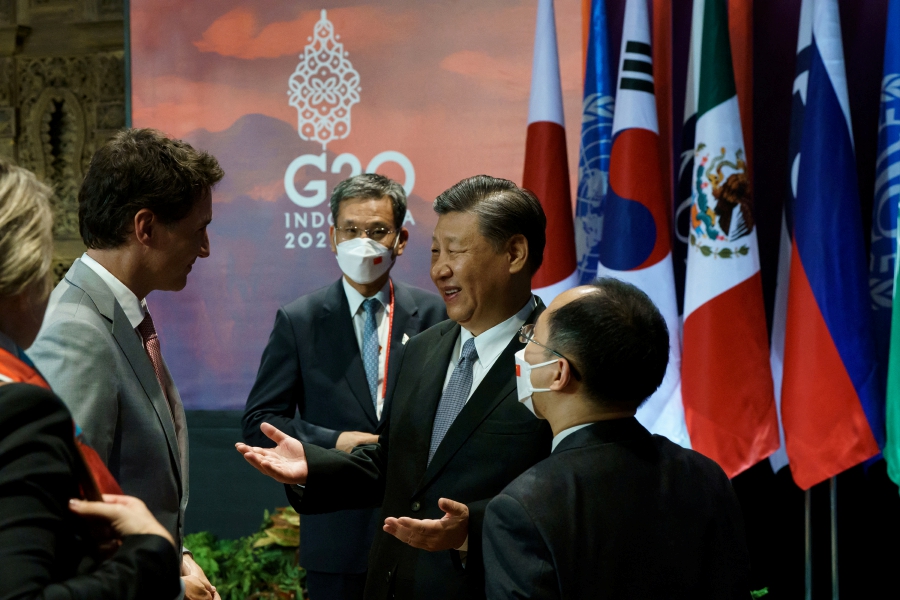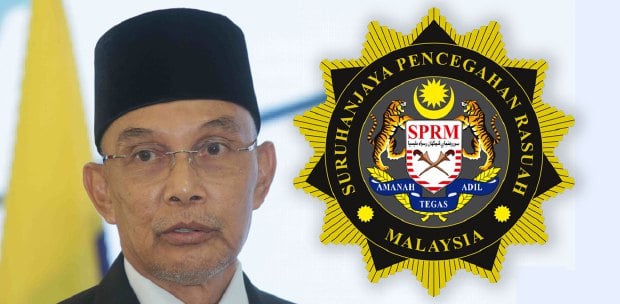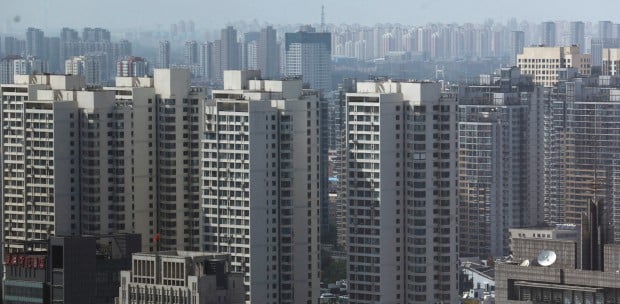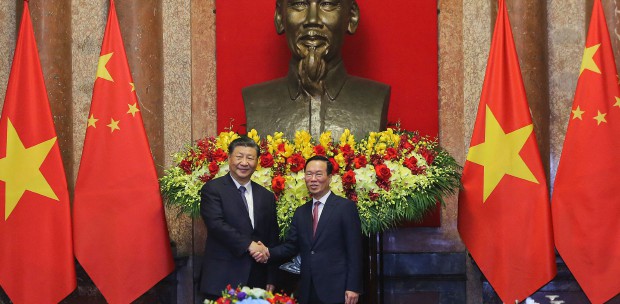XI Jinping secured a third term as president of China last month during a highly choreographed 20th Communist Party congress.
The meeting was eagerly anticipated if only to analyse how Xi anointed himself. Every detail about the week-long meeting was scrutinised, from how often Xi sipped his tea to the careful selection of the standing committee.
The key takeaway from the congress is Xi's consolidation of power. Apart from extending his term, breaking the retirement norm and appointing loyalists to the standing committee, the constitution was also amended to enshrine Xi as core to the party.
So what does Xi's undisputed leadership mean for the future of China?
When Xi came to power in 2012, China was the fastest growing economy in the world. But while China prospered, corruption festered. Fearful that ideological decay would lead to a collapse similar to the fall of the Soviet Union, Xi stepped in determined to put national security and ideology first.
In a two-hour speech, he emphasised national security as the priority for the next five years. To be clear, national security here means the Communist Party's security. According to Xi, there is no China without the Communist Party. Only through the party's leadership can the Chinese dream of national rejuvenation be achieved. It's a vision of a powerful China, rid of its history of humiliation.
Xi's vision of national rejuvenation is already becoming reality. Under his leadership, the party has tightened its grip on power. Political interference will likely be the centre of everyday life to create the "necessary conditions" for China to achieve greatness. There will be greater domestic focus in Xi's second decade.
China will grow more authoritarian. The corruption crackdown, suppression of civil society and increasing censorship have eroded the country's freedom of speech under the guise of national security.
Economically, there will be greater resolve towards self-sufficiency, particularly in critical technologies. The Dual-Circulation Strategy (DCS) will play a key role in strengthening China's economy by promoting high-quality development, shifting away from its previous model of export-led growth.
Abroad, the Belt and Road Initiative will no longer play a prominent role in foreign affairs. As Beijing focuses on strengthening internally, DCS and common prosperity will feature as key themes in economic plans.
Shifting away from flashy infrastructure projects, the BRI has been attempting to evolve into other avenues, such as the Digital Silk Road (DSR). However, the politicisation of the tech sector because of the United States-China tech rivalry has made DSR riskier than infrastructure building.
Nevertheless, it offers promising opportunities for Malaysia. Apart from digital trade, Malaysia can maintain tech neutrality by collaborating with China in areas, such as talent cultivation.
In the BRI's place, new concepts such as the Global Development Initiative and Global Security Initiative are emerging. Although the details remain vague, these new initiatives represent Beijing's solutions to world peace, security and development.
While major power competition intensifies, China will only grow more confident and determined to uphold its national security interests, read: reunification with Taiwan. In his speech, Xi emphasised the need to boost military capabilities towards a world-class standard and to improve the ability to win.
This indicates that China is preparing for a military conflict in the next five to 10 years. But preparation is not synonymous with provocation. Tensions in the Taiwan Strait will continue to heighten, but conflict is unlikely to happen while Xi remains in power.
A confident China will not likely compromise or hesitate to use force, but a wolf-warrior style diplomacy will remain its preferred modus operandi.
All this serves to make China strong and powerful, while placing the Communist Party, ideology and Xi at the core.
If it wasn't clear in the past 10 years, it should be clear now — there are no limits to Xi's authority. China has shifted away from collective leadership towards a one-man rule. The only other leader in China that has wielded such power was Mao Zedong, but even he faced opposition.
The writer is a researcher at the Institute of Strategic and International Studies (ISIS) Malaysia





